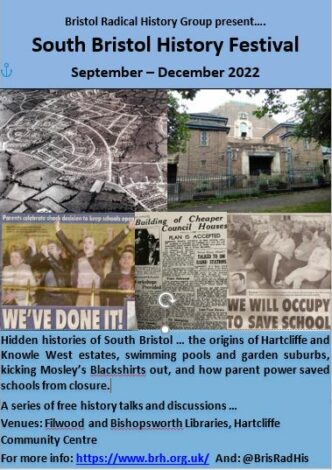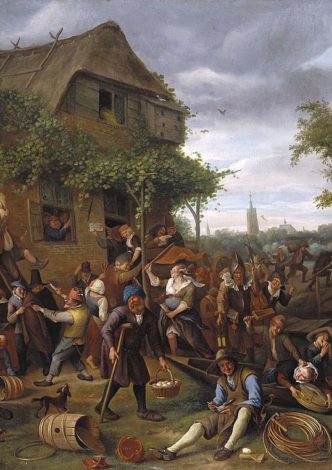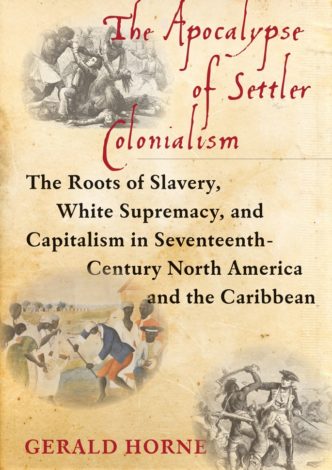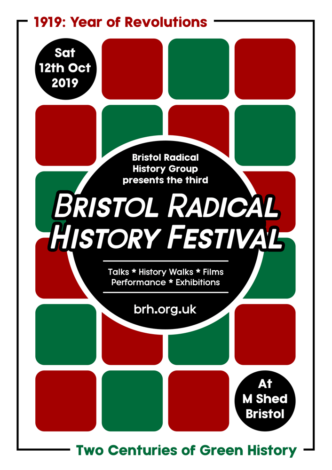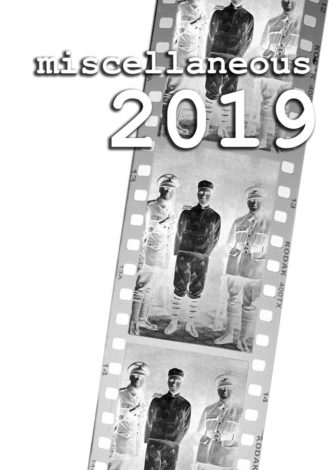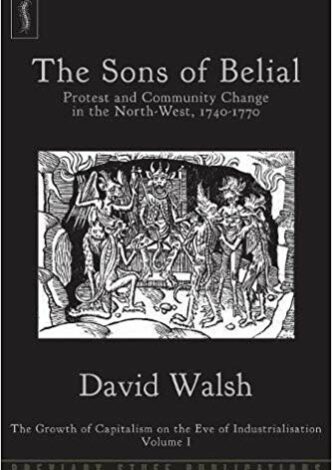 Not A BRHG Event
Not A BRHG Event
Venue: Pill Library and Children's Centre, Crockerne House, Underbanks, Pill BS20 0AT From the earliest days of recorded history river pilots have navigated ships through the dangerous waters of the Bristol Channel and up the river Avon, with its twisting bends, shifting sand banks and strong currents. In the early nineteenth century, Bristol was granted rights to compulsory pilotage over the whole of the Channel. Mike charts the experiences, in the nineteenth century, of Bristol’s pilots, and […]
England, tobacco and forced labour Roger Ball will outline the symbiotic relationship between the colonisation of the Americas in the seventeenth Century and the production of tobacco as a commodity. The talk will consider the economic mechanisms that encouraged the expansion of landholdings and the introduction of forced labour, leading to the domination of chattel slavery based upon the use of enslaved West Africans. Nicotiana Brittanica Will Simpson tells the story of the illicit […]
The phrase “the moral economy” was first used by E. P. Thompson, within the essay of the same name. He explained it as was part of a long change in economic and community relations. As Britain industrialised at speed, there was a change from a paternalistic rural economy, to a free market guided by the ideology of Adam Smith. The moral economy related to part of the resistance from the labouring poor during these economic and social upheavals. This was community based, with a crowd of people […]
As you will have probably gathered from the title, Professor Gerald Horne wastes no time with mincing his words. The first paragraph of the Introduction is likewise refreshingly uncompromising about the position that the book takes: The years between 1603 and 1714 were perhaps the most decisive in English history. At the onset of the seventeenth century, the sceptered isle was a second-class power but the Great Britain that emerged at the beginning of the eighteenth century was, in many ways, […]
A storytelling that demonstrates, however benign the technology, it is who owns and controls it that matters. A narrative that recounts the conflict between the rich landowners who want to tame and exploit a marginal place and those whose subsistence is rooted in this rich wilderness. This tale of Whittlesea Mere in the Fenland starts in 1605 and ends in a few years into the future ...when the environment strikes back. Story lasts approximately 40 minutes.
Connecting the Norman Conquest and Peasants’ Revolt with fracking, our housing crisis and Brexit via the Enclosures and Industrial Revolution, the show draws a compelling narrative through the people’s history of England. Part TED talk, part folk club sing-a-long, come and share these tales as they have been shared for generations. We expect this event to be very popular! Advance tickets are available here.
 Not A BRHG Event
Not A BRHG Event
Stephen Hunt will discuss the ecology movement’s deep roots in the Romantic era at the Dorset Radical Bookfair at the Corn Exchange, Municipal Buildings, High St East, Dorchester, Dorset, DT1 1HF. Industrial capitalism emerged together with the mass exploitation of fossil fuels during the Eighteenth Century. Over the next century it became increasingly apparent that accelerating processes of expansion and extraction threatened many habitats, or even the whole planet. Green Romantic […]
Stephen Hunt of the Bristol Radical History Group will start the day with an overview of the ecology movement’s roots in the Romantic era. Industrial capitalism emerged together with the mass exploitation of fossil fuels during the Eighteenth Century. Over the next century it became increasingly apparent that accelerating processes of expansion and extraction threatened many habitats, or even the whole planet. Green Romantic anti-capitalism was an outcome of such processes. The negative social […]
Based on his co-authored book, Anthracite Labor Wars, Prof. Bob Wolensky will speak about a 40-year "labour war" that resulted from the mining arrangements between the Pennsylvania Coal Company and a gang of organized criminals. Beginning in 1916, the company decided to subcontract and, later, to lease mineral rights to the mobsters in an effort to discipline the labour force, enhance productivity, and boost profits. Statistics indicated that the scheme worked quite well when it came to […]
This is a very good book, extremely informative. Even though the bulk of the book is set in the North West of England, there is a wider historical scope. Which would be very useful for the student or historian of the period. The book opens with an in depth examination of developing economic theories. It charts the shift from a largely agrarian, paternalistic society, to an industrialising nation, and rapid urbanisation. Furthermore, the study looks at the development of a mercantilist philosophy […]
 Not A BRHG Event
Not A BRHG Event
